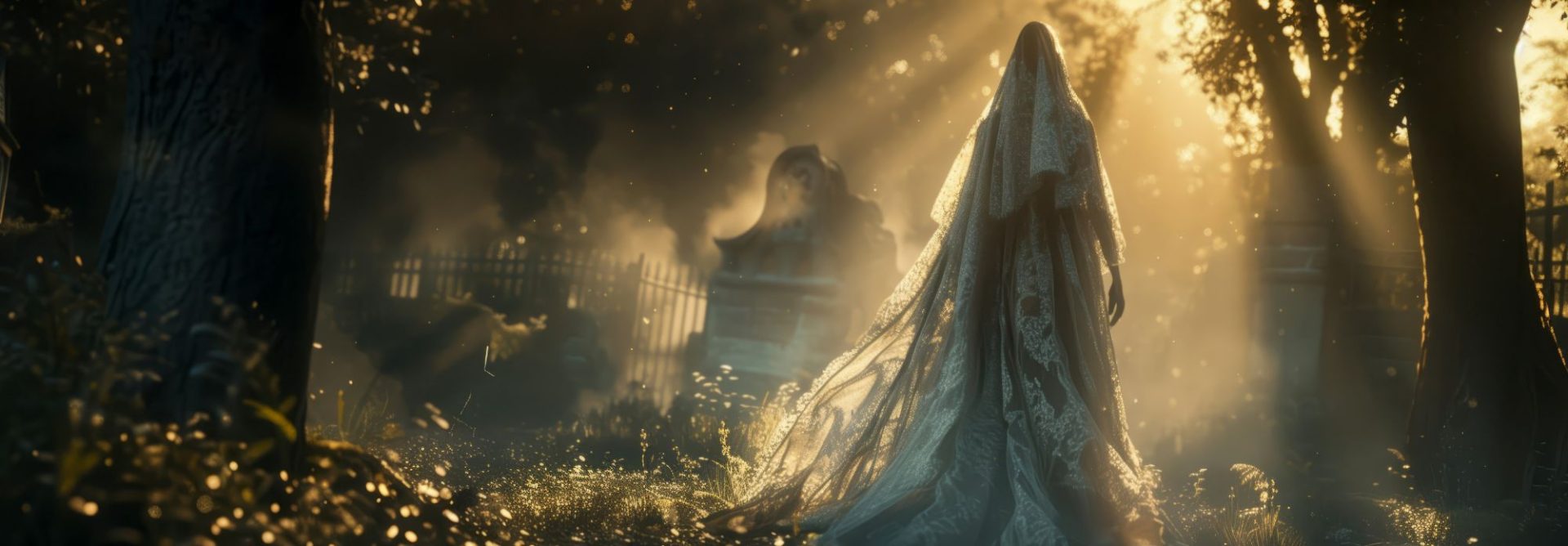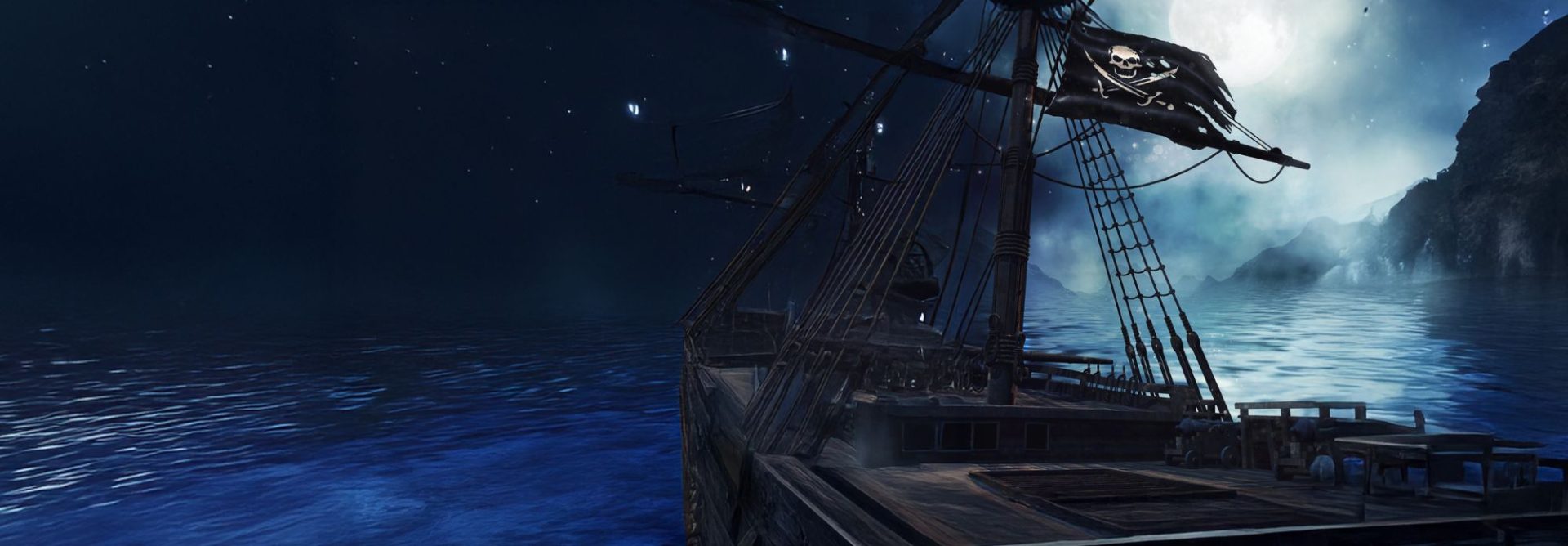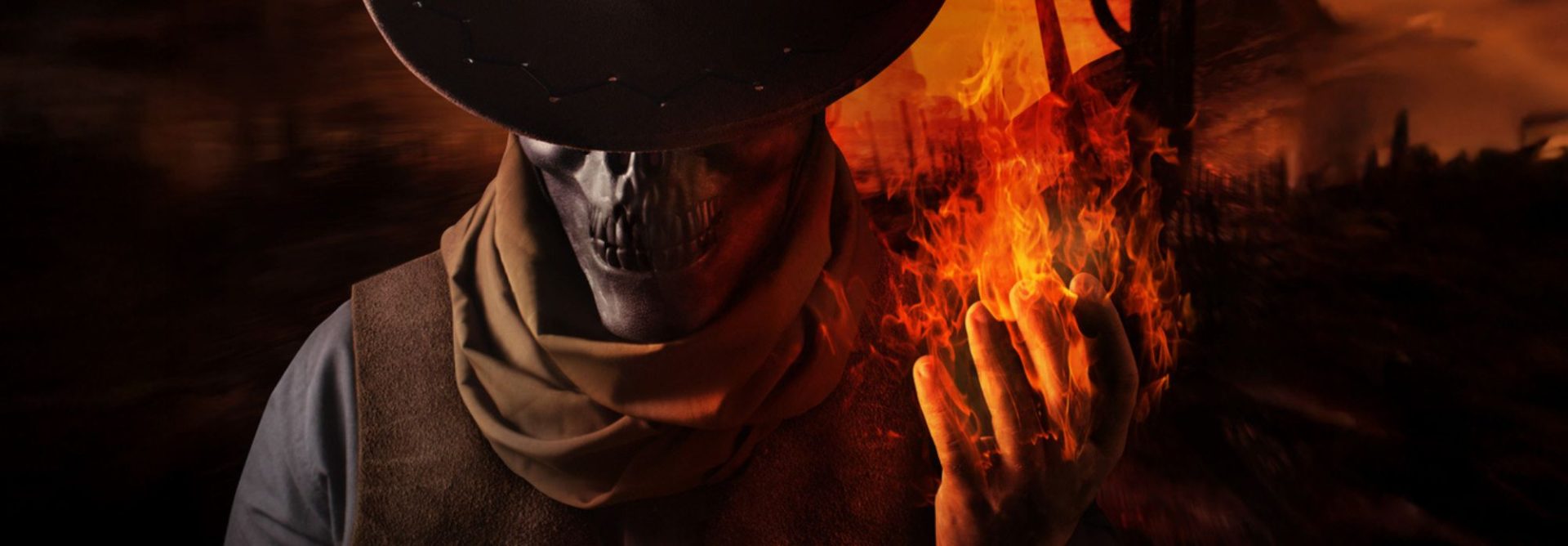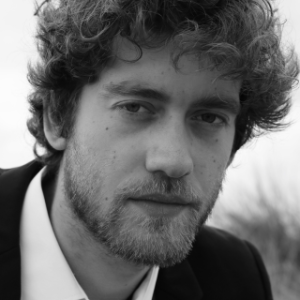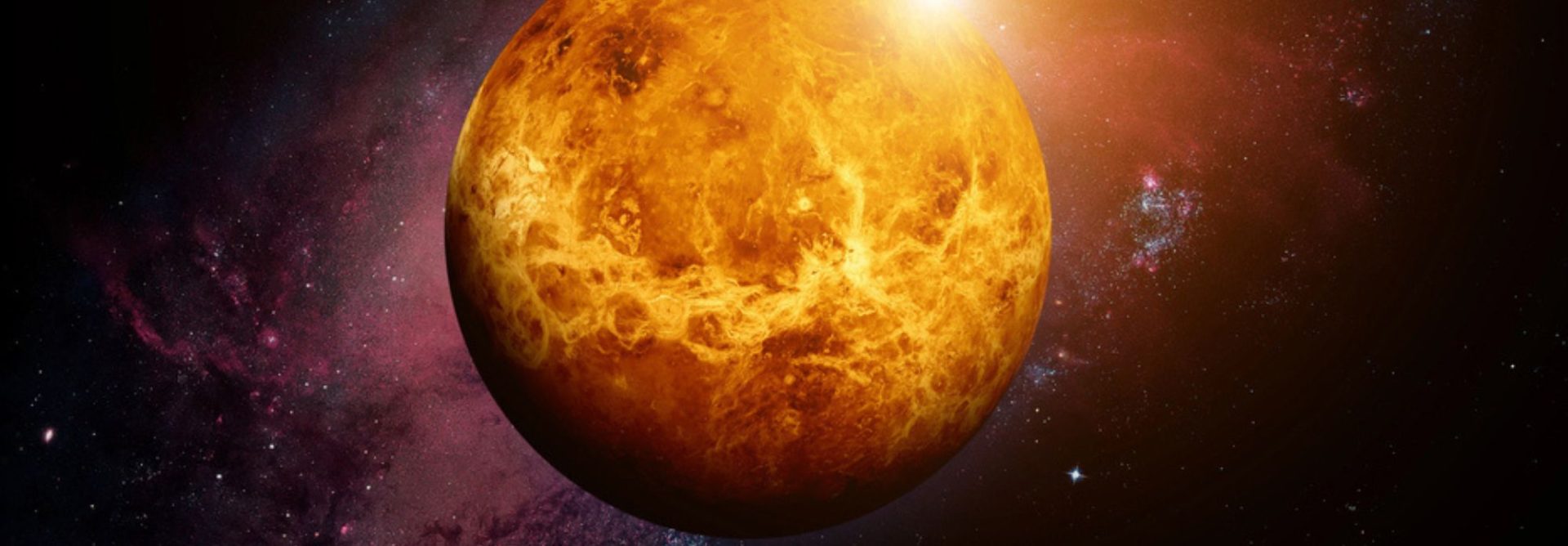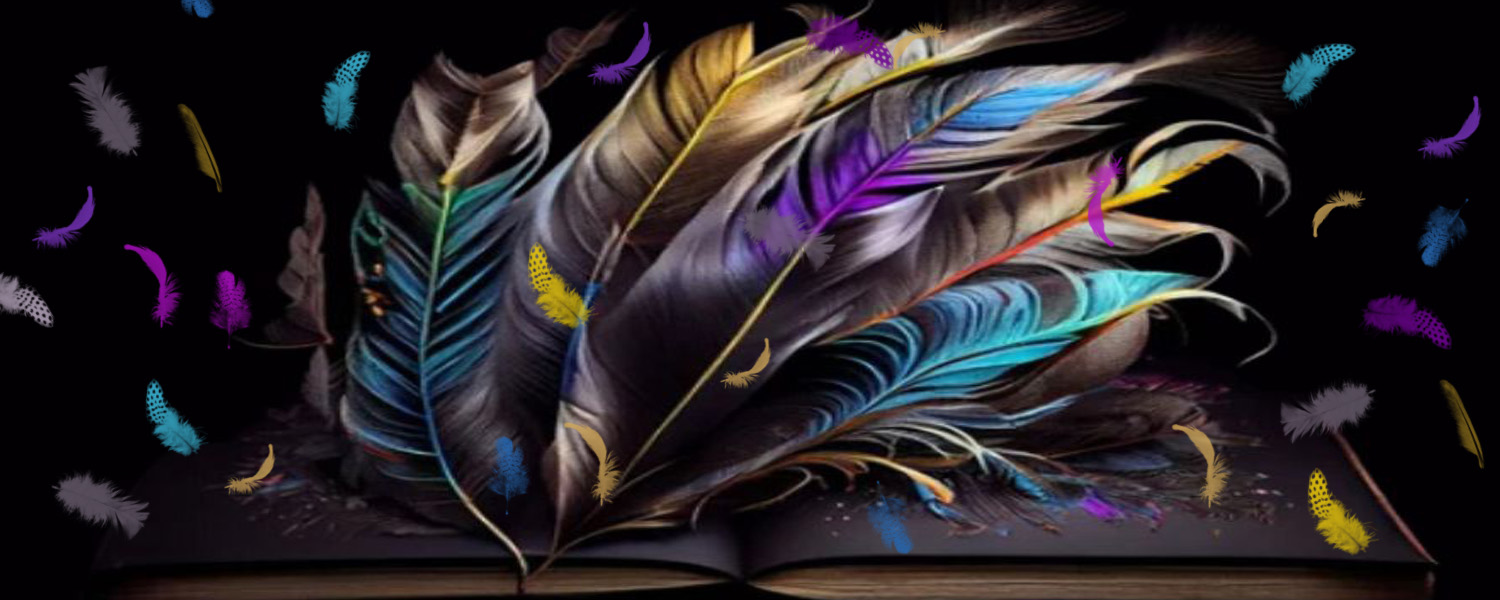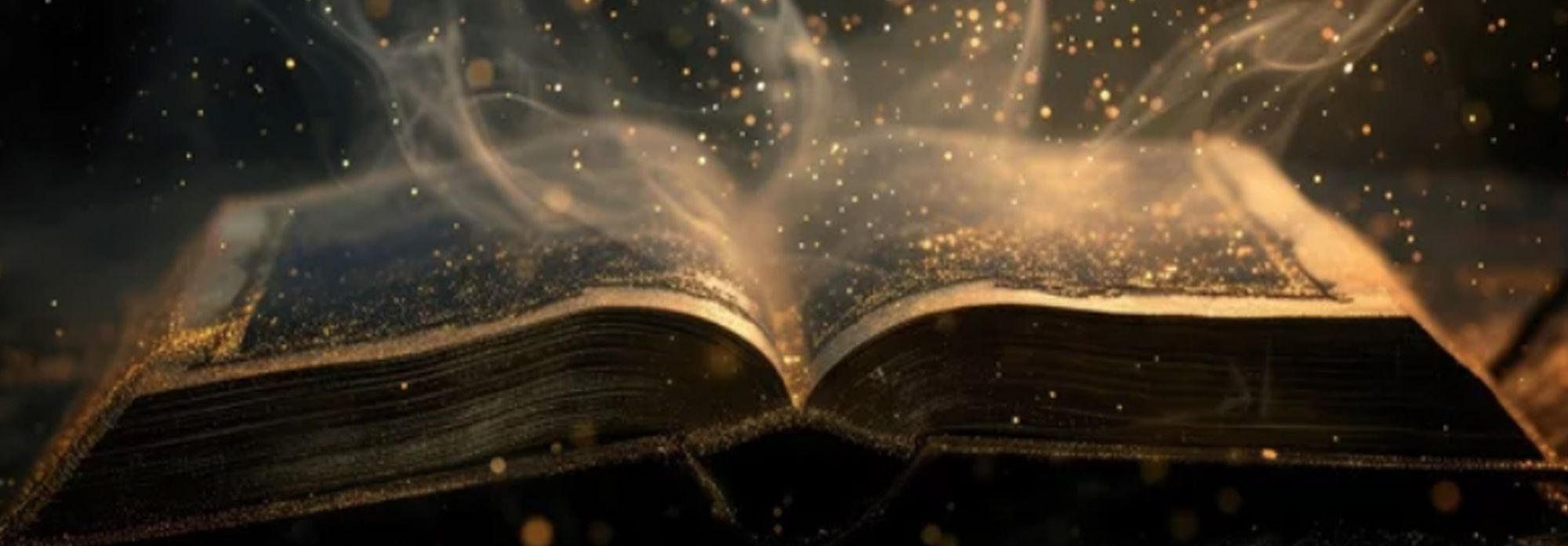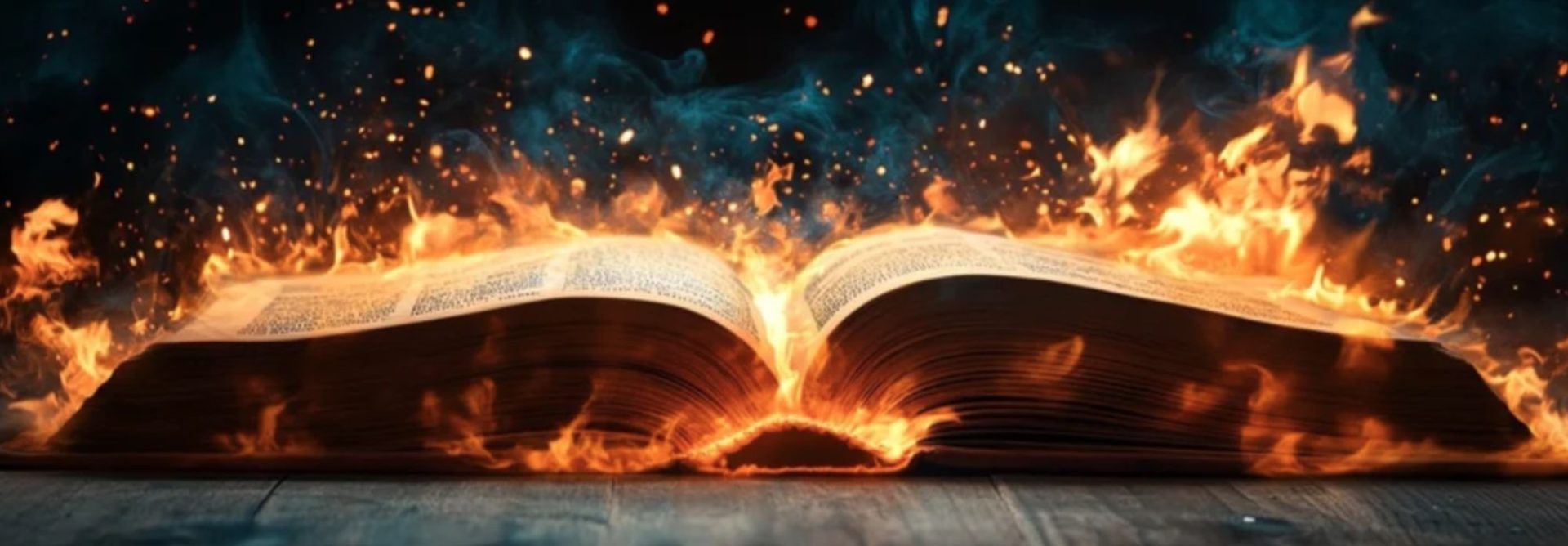She’d struggled to lift Gregory down last year—had put her back out for a few days. How hard it’d been to loosen the taut electrical cable noose from his neck; how devastating she had found it, to witness his eyes, bulging, wide open yet lifeless, and his face bent and hardened into an expression of regret—perhaps.
After umpteen rounds of CPR, countless pulse checks, distraught, she’d finally admitted the life in him had gone. A few minutes after she’d dragged him onto the bed, running on adrenaline, she’d dressed Gregory’s stiff, naked body in his wedding suit and tie.
There had been no note, no signs forewarning Ellie of her husband’s intentions to take his own life. She hadn’t even known he had been in any sort of emotional pain. All she had known was that whatever had been so wrong—had been such a source of torment in his life that he hadn’t been able to talk to her or God about it—must have caused him to take such drastic action. The poor, poor man. And whatever agony had caused him to see through such an awful, final decision had not taken away any of the pain—it had simply trebled that anguish, that obsidian suffering, and had passed it all on to her.
On that first sad night as a widow, after she’d dressed him—and then herself in her wedding gown—she’d tried to pull his eyelids down over his eyes before mounting him.
The grandfather clock in her hallway had let her know it was ten p.m., and this was what they had always done, at that hour, for over forty years of what she had presumed had been a happy marriage.
His corpse betwixt her legs, she had rocked gently, had allowed herself to build up to a hard grind. The motion had eventually brought about some relief, at least for her.
And then she had cried.
Her tears had landed on the old man’s blue lips. During her attempt to wipe dry his face, her fingertips spidering over his mouth—forever rigor-mortis open—that’d been when she’d first heard the rattle. It had not been the hauntingly familiar death rattle she’d heard so often in her long-ago work as a palliative care nurse, but more of a spinning sound, a quiet churning—and it hadn’t come from Gregory, not directly. She’d pressed her ear against his chest, had checked for signs of vitality again.
Nothing.
But shortly after the rattling had begun, she’d seen the tumbleweeds—such balls of misery—rolling out from the darkness for the first time.
The weeds had spun out from under the bed, one after the other; then they had flurried out in clumps, knocking on furniture and fragmenting into smaller bundles of whirling dried grass. But she had not been able to source their origin when she had crouched down on her knees and peered under the divan base. On opening the cupboard they’d shared, more weeds had spun out. One, after the other, after the other. But as hard as she’d searched, she still couldn’t find a source.
More tears had followed—tears of grief and tears of frustration—and the more she’d cried, the more they’d come, have continued to come—the weeds—but she couldn’t help herself from mourning. Grief, she knows now, is the extortionate price one pays for love, and she had loved Gregory dearly.
***
And still, to this day, dressed in his gray and white matrimonial attire, his body lies here—or what’s left of it—on stained cotton sheets.
Ellie’s secret.
Ellie hasn’t told a soul what Gregory’s done, for fear of judgement, maybe. What would the reverend think? The church clergy? God? Or perhaps, she keeps him this way in the hope that one day—like Jesus—Gregory too will rise from the dead. But he hasn’t yet, and in her weeping heart, she knows he probably won’t.
She gets up from the bed, dons her lacy, yellowed-white dress, and rides him, for release, relief. The squeak and crack of bone mounts, allegro in tempo, as she grinds her flesh upon his skeletal frame. She swears she hears him whisper their wedding vows as she comes: …till death us do part. Although she’s unsure if it is his voice or a ghost of a memory of his voice—the precise memory of how he had sounded when he had been alive having slipped from her mind many months ago.
“You silly boy,” she says afterwards, as she lifts her right leg back over. “One of us is still very much alive.”
Then she lies back down, by his side, taking his stiff hand in hers, as she has done every night for nearly a year, as flesh has become rot, and rot has divulged into bone.
A tear falls from her cheek onto her beloved’s humerus. The ceiling-wedged tumbleweed spins free, drops to the floor, and burls into the far wall. She curls, sad cashew nut, into his rib cage and cries more, and the churning crescendo she has learnt to ignore begins again, and more tumbleweeds spool out from an unlit space in the corner of the room.
***
She crimps her eyes. After reciting Proverbs 21:15, a prayer for the world, Ellie eventually falls asleep, but her dreams are ruined by bright-colored boxes, ashes and diamonds, and worse.
The Lord, she thinks when she wakes in the night—her room a half-filled pool of bent, burling twigs—is not hearing my prayers: why do the weeds keep coming?
She turns on her side to spoon the cold corpse she so loves, but a spectral image—a hallucination of sorts, she supposes—of the naked, dangling version of him will not clear.
Not up on the ceiling, she thinks, that is not where you belong, dear Gregory. You belong here, by my side, in our bed.
She rubs her eyes then tucks him in gently, bringing the sheets up under his extended mandible. Then she rolls over onto her other side, facing away from Gregory so he cannot bear witness to her grief. There, she cries again, softly, and scratches a sore lump in her left breast until sleep reclaims her.
***
On waking, the light of dawn stealing a little of the darkness from the room, Ellie rises, kicks out the weeds which have accumulated in the night, and closes the window. She does not want Gregory to get cold.
Colder.
***
With her white hair a messy cloud in the wind, her face nearly as drawn as Gregory’s, but with her chest still hurting, Ellie drives back to the store to purchase paracetamol and something in a brown glass bottle—a little nightcap—to help with the pain, to bring about sleep.
Some anchorman on the car radio advises ‘cancellation of all non-essential travel,’ but Ellie presses on.
“May the Lord be with me,” she whispers to no one.
Commandeering her car along the A-road feels like guiding a ship into harbor through kelp-sodden waters; the road—and also the interior of her car—awash with tumbleweed. She leans forward in her driving seat, bringing her face closer to the windscreen, and focuses hard on the route while pushing spun weed out from her wound-down window. Flattened strips other tires have made through the brambly carpet guide her in the right direction.
Once inside the store, Ellie heads straight for the pharmacy kiosk. She asks after Gary, the only other soul she has spoken to in any detail other than the people at church who call her Eleanor.
“Gary quit,” the young man behind the counter—a wall of medicine behind him—says without making any eye contact. “Last packet. You’re lucky. They’ve been selling like hotcakes since the tumbleweeds started.” He slides a packet of sixteen tablets to Ellie and mutters something about paying for them at the other till.
Ellie shakes her head. “How sad,” she says.
The young lad looks up at Ellie, an expression of confusion on his otherwise smooth face. “Uh?”
“I mean about Gary leaving.”
This young lad—his unlined face—knows nothing about change, about grief.
“The tumbleweeds were getting to him.”
“Yes. They get to everyone, eventually.”
Ellie takes the packet, thanks the young lad, and walks toward the main tills.
***
Before long, most of her house is filled with tumbleweeds—especially the living room, where she has taken to sweeping them as they appear, when she is too tired to open the front door and clear them into the streets. In her downstairs bathroom, her spare bedroom, and her living room, the balled weeds are stacked against walls in scratchy piles, looming in corners like wicker obelisks.
She grows tired of maintaining the home, does not use the rooms other than the kitchen, bathroom, and bedroom, so does the bare minimal clearance work that she can get away with, the pain in her side growing each day.
Her house has largely become dark, full of spun dry grass—apart from her bedroom, a place she tries to keep peaceful for Gregory. The area, she fears, may become a choke hazard or a compression risk if any sort of build-up were to occur within it.
Each night, before donning her dress, attaining relief, she opens the window and pushes them out.
***
On a Tuesday night, when she wakes, she swears she hears her husband asking her for release, relief. There is pain in her left breast as she straddles and rocks back and forth on his dry pelvis, and she finds, because of this, it takes her longer than normal to comply with the release she feels she hears her husband begging for.
Afterward, she carefully gets off, keen not to damage the train of her gown or hear the crack of bone that sometimes occurs, and sits and rests and scratches at her breast tissue, the flesh there tender, red, and swollen.
She loosens the zipper on her wedding dress to make it easier to scratch her side, says a prayer—Psalm 30:2, a verse for self-healing—then drifts off again into fitful sleep.
***
Over the coming weeks, the tumbleweed crisis persists, escalates, but Ellie does her best to stick to her marital routine, despite the mounting discomfort in her left side which radiates now, across her torso and up her neck—despite her husband being more grey dust than firm, hard bone now.
“A twenty-eight-year-old man in Huddersfield, on his way to identify his wife’s body at the morgue, has drowned in tumbleweed in his car.”
Ellie fills up her kettle. The tap blasts out water too fast when she loses her concentration on the task in hand, as she hears the newsreader’s voice.
The first reported death. She cusses as she wipes up the water spray from the countertop.
That man from Huddersfield should have been more careful, she thinks.
Ellie has taken precautions, has said her prayers, has opened and closed windows like clockwork each night to make sure that she doesn’t drown in weeds—in sorrow. Her heart thuds a sad melody in her chest as a ballad comes on the radio.
Poor man. To lose one’s wife. A tragedy.
***
The news she has stage four breast cancer doesn’t come as a great shock to Ellie. Her mother and sister had also succumbed to the disease.
“It has eaten into your chest, your ribs. There are cancerous cells in your nodes. I’m afraid there’s nothing we can do,” the doctor says.
Ellie listens. What he proceeds to tell her is all familiar territory though: palliative care, a hospice, pain management—all phrases she had used in everyday life before retirement.
She nods, her eyes puffy, and thanks him for his kindness as she leaves the small office space and returns to her car, where she cries.
***
A few months later, Ellie slips into her wedding dress in preparation for bed, holds it up with one of Gregory’s old belts double-looped around her near-skeletal waist. The robe hangs from her frame—all unpegged tent. She eases her pained body back downstairs, white-knuckle gripping the handrail as she travels. She had nearly forgotten, her brain now not right—not right at all—she must take the fistful of tablets before saying her prayers, before bringing about release, before any promise of sleep will be granted. Exhausted from the short trip downstairs, she passes out in the kitchen.
A care worker discovers her there the next morning, and Ellie—still breathing, still fighting—is blue-lighted into the hospice.
Under harsh strip lighting, a medic slices off the sleeve of her wedding gown. Ellie’s emits a throaty moan in objection, and a tumbleweed burls out from under the hospital gurney, but the sound she makes receives no interpretation—like raindrops on a roof, like tumbleweeds drifting in great matted throngs across a multinational supermarket car park where staff keep walking out.
“Get that thing out of here,” the medic says. A porter hurries in with a mop and shimmies the ball of weed away from the bed and down the corridor, chases it until it is out of the building.
Too weak to speak or lift her hand, her bare arm now exposed, a crumbling vein in Ellie’s arm is plumbed into a device she is just lucid enough to know is a morphine driver.
This is it, she thinks. I’ll never leave here alive, and I’m in too much pain to contest.
Ellie wants to communicate to the kindly male nurse who sits by her side dabbing wetted cotton wool on her cracked lips that she has written a lengthy note. After all, Ellie has no family to share her last wishes with, no loved ones to keep her company and hold her already corpse-frail hand.
Busy nurses and doctors with beds to clear mill around and take Ellie’s vitals.
“All her numbers are dropping,” she hears.
Nothing but a statistic now, she thinks.
The note sits on her kitchen table, held in place by an empty mug. In it, she apologizes profusely to whosoever discovers Gregory’s shattered, weed-smothered corpse, asks for a cremation for them both, a faith-based funeral celebrant—the reverend, if he’s available.
As she closes her eyes and the wave of morphine floods her veins, she recites Colossians 3:13, a prayer for forgiveness. Or she tries to—the words scrambling like foul, dead bird eggs, the short verse tossing there like tumbleweed in her cancer-ridden brain.
She tries to picture Gregory’s smile on their wedding day, tries to recall Gregory’s voice reading his vows—but all that she bears witness to, in her mind’s eye, is him swinging there, from the bedroom ceiling.
She draws a sharp breath, the shock of the thought—her betrothed may not be on the other side, waiting for her with Jesus.
Her breathing becomes labored, and then it slows, to a rhythm which reminds her of rocking herself free, straddling Gregory’s corpse. She finds it becomes more difficult to keep the rhythm of her breathing regular—a chaotic metronome her diaphragm becomes, slowing, rasping, slowing—the air in her riddled lungs finding it harder and harder to gain release.
She is aware, she thinks, as she tries to reach her hand between her legs to bring about some relief one last time, of a voice—the male nurse perhaps—telling her she’ll knock the morphine driver out, as her arm is lifted and placed back by her side.
In a matter of minutes her pain is gone, and shortly after, so is she is.
***
A week later, the council—having paid a visit to her home to put it up for auction—discovers her husband’s body. Both her body and her husband’s recovered skeleton are cremated.
Not a soul attends the service—possibly not even God. No tears are shed.
But the reverend, as he commits their souls to a heaven not even he is sure he believes in, swears he hears the word Release carry through the air as the velvet curtain draws closed and two bodies are burnt to ash.
***
The tumbleweed crisis eases for a while that winter.
The roads clear, people return to their mundane everyday lives, their jobs and commitments, and the news anchors fill the airwaves with other twaddle
And sometime around Christmas, Ellie and Gregory’s ashes are scattered across an oak-rich park in the city by a stranger, as was requested in Ellie’s spider-scrawled final note,—her objections to diamondification strongly stated within it.
***
As January rolls around—as it always does, even after someone dies—from a dank tower block in the east of the city overlooking an oak-rich park, and from a grim hospital room in Southmead Hospital, and from underneath a bridge somewhere deep in the Somerset countryside, platoons of tumbleweed begin to spin forth again.


